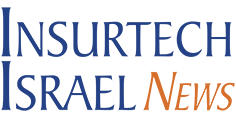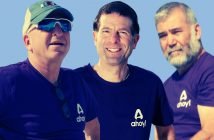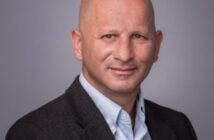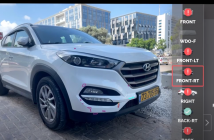Q&A with Simon Schwall, OKO CEO
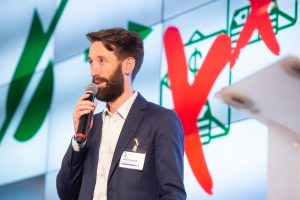
Simon Schwall (CEO de OKO)
Describe OKO’s activity.
Schwall: Oko designs and distributes crop insurance for smallholder farmers, which automatically compensate them if their area is affected by adverse weather conditions. We validate claims automatically using satellite weather monitoring, and we distribute these insurance products via mobile in emerging countries, where no crop insurance was available before.
What is OKO’s Business model?
Schwall: OKO is an MGA. We design the product and then we have an exclusive distribution agreement with our partnering insurance company. We keep a commission on every premium payment made. Since we are talking of smallholder farms in emerging markets, the premium amount is quite small (less than USD 30 per farmer), so the model is based on high volumes.
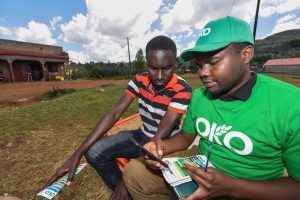 Why did you choose the model of parametric insurance?
Why did you choose the model of parametric insurance?
Schwall: Parametric insurance breaks 2 of the barriers to the availability of insurance in emerging countries
– Administrative costs: dispatching a loss adjuster on-site for a field inspection and to calculate the claim amount is too costly compared to the premium paid by farmers for a small plot of land
– Risk assessment: while there is no available data to know how much a farmer produced year after year, there is 25 years of available weather data to analyse. We can tell precisely what is the risk of the accumulated rainfall being insufficient anywhere in the world.
It also reduces fraud as it is impossible to tamper with the data, and the claim payment is immediate.
With which insurers and reinsurers are you working with?
Schwall: We signed a 3-year partnership agreement with Allianz Africa and our products are re-insured by Allianz Re. But we also work with other insurance companies like Sunu an MUA in Africa.
Where did you choose to begin OKO’s activity, and Why?
Schwall: We started OKO in Mali (West Africa) because 80% of the population there works in the Agriculture sector, and 4 million people already use their phone to make payments. Also because we saw that some similar models were starting to be successful in East Africa, but nothing was available in West Africa yet.
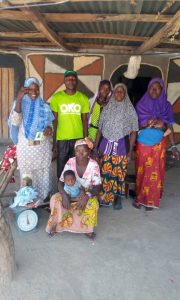 How do the farmers buy the insurance? How can they submit claims?
How do the farmers buy the insurance? How can they submit claims?
Schwall: To subscribe for insurance, farmers just need to dial a code on their phone: #144#3413#. This works on every phone in Mali, with no need of a smartphone or internet. An OKO agent calls you back and take you details to send you a quote via SMS. To pay, you can dial the same code and choose the payment option. See our demo videos: https://youtu.be/5pg5WmrbD4s and https://youtu.be/tBbKvsKpQzA
Farmers don’t need to submit claims: they receive automated payments as soon as triggers are reached
When did you start?
Schwall: We incorporated in April 2018 and went through the Techstars fintech acceleration programme in Tel Aviv. In 2019 we ran some pilots and in January 2020 we launched our commercial product in Mali.
How many policies have you sold so far?
Schwall: In only 4 months, we registered 1,800 paying customers in Mali despite the novelty of our product and the Covid-19 situation. We also have now close to 100 customer in Uganda through a pilot we are running with ABInBev
Did you get to pay any “claims” so far?
Schwall: We paid about 13 claims so far. You can find testimonials of our claimants here: https://www.oko.finance/mali
Beneficiaries used their claim payment to maintain a revenue-generating activity until next season, or to prepare their next season correctly (buying seeds and fertilisers)
What investments were made in OKO so far?
Schwall: OKO raised only USD 250,000 in private investment, and includes Barclays among its investors. OKO grew mostly on a “bootstrapping” strategy, receiving un-dilutive subsidies and revenues. To accelerate its growth, OKO is now ready to on-board new investors.
Tell me about your professional background and about other key figures in the company.
Schwall: Before creating OKO, I worked 4 years for BIMA: the leader in mobile-delivered microinsurance. This is where I learnt how to sell insurance in emerging countries in a very effective manner. I have otherwise a background in management consulting.
We have about 17 full time employees at the moment and we built a very diverse and expert team: we have employees from all religions, ethnicity and age and we are all strongly motivated by the positive impact we can have.
We are the only Israel start-up selected by Google for their Sustainable Development Goals accelerator, and by ABInBev for their sustainability-focused partnership programme. We are also supported by Israel Innovation Authority‘s Grand Challenge programme.
